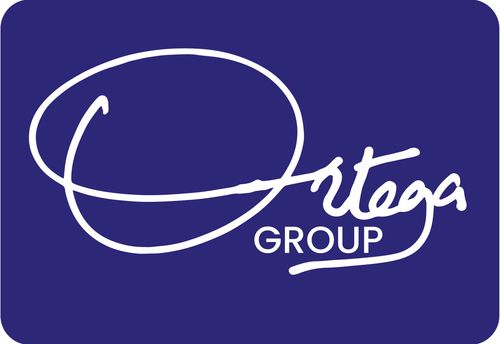Ugandan Excellence has been defined as that which arises out of efficient, effective, ethical, and enthusiastic endeavours. Although we could have clarity on the ethical and enthusiastic components, the navigation of the efficiency and effectiveness is still foggy.
The purpose of today’s article is to make breakthroughs on that component of efficiency and effectiveness. How do Ugandan organizations become efficient? And how do these organizations become effective? The result of efficiency and effectiveness should result in a high-performance Ugandan organization.
We are proposing a formula for High performance organization. We are certain that any organization that applies this formula should be in position to unlock high performance. The formula reads as follows:
Great Judgement and Decision Making + High Agency + Culture + Virtuous Leadership = A High-Performance Organization.
Here’s the case for each of the strings of this formula:
Great Judgement and Decision Making
We believe this is the starting point for any organization that seeks high performance. First, people must be trained and hired based on great decision making. That implies that the people that form an organization must have a highly tuned judgement skill. People should be hired for their ability to showcase great judgement and great decision making. For existing employees in the organization, they should be trained and developed in this area. It’s not easy to see the role of decision making in the short term, but over the long term, the one thing that separates organizations is the quality of decisions they made.
High Agency
Once decisions have been made, they must be acted upon. Call this the constraint factor. High Agency is the skill that enables the execution of the great decisions. Of what use is it for organizations to decide and take over a year to execute? Decisions is the ability for people to philosophize, but high agency converts that into practice, into reality, into action. It’s the ability to move once a decision to move has been made. Assuming organizations have balanced out on decision making, then high agency becomes the next differentiator.
Culture
Culture exists on three levels. It exists first as the philosophy of the organization. It then exists as the myths, beliefs, symbols, that permeate that organization. Finally, it exists as ‘the way things are done around here.’ In this formula of high performance, culture is the hardest one to control. Yet when mastered, you have an organization that has no limits. Culture cannot be forced. It’s a process that requires commitment to form and to change (in case it’s not desirable). At a national level, think of the Japanese Culture versus the Ugandan culture. Such similar traits play out in organizations. The culture of Coca Cola is not the culture of Pepsi. And this plays into the high-performance formula.
Virtuous Leadership
We could have simply stated this as Leadership. But quite often, leadership is taught as a technique or skill. Leadership is far from that. Leadership is a state of being. For to lead others, one must first lead oneself. Virtue is the quality that brings this to play. At Ortega Group, we are guided by the work of Alexandre Havard in this area. We believe leadership springs first from the cardinal virtues. Everyone must strive to improve in the cardinal virtues every day. These are Prudence (practical wisdom), fortitude/courage (the ability to stay the course), self-control/temperance (the ability to regulate one’s passions/desires), and finally Justice (giving everyone what’s due to them). These cardinal virtues form the base upon which the next elements of leadership are constructed. Thus, we arrive at the two leadership virtues of Magnanimity (thinking oneself worthy of doing great things) and Humility (a recognition of service). Once the virtues have found a harmonious state in a person, we say, that person is a leader and is thus filled with integrity. Integrity is a state of wholeness.
Thus, once an organization adopts this formula, we can guarantee high performance.

